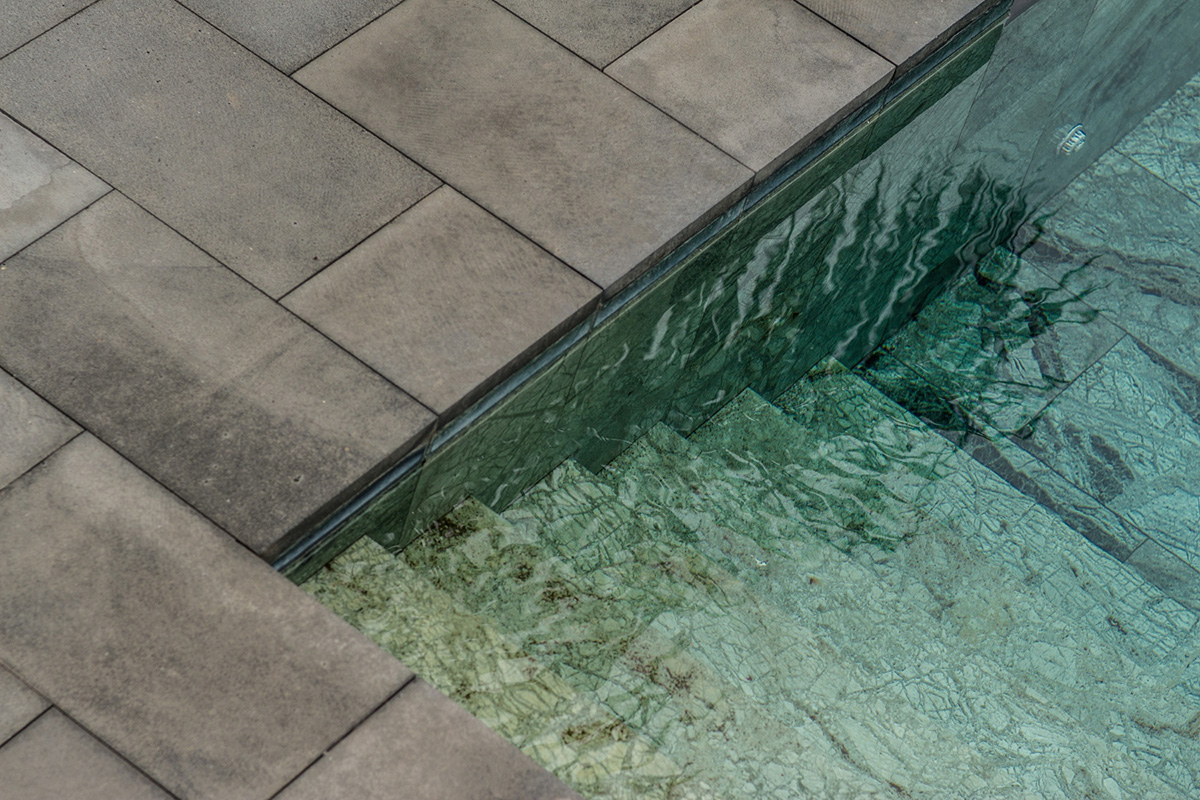
Swimming pools are a luxury addition to any home. They are a fun way to relax on a hot summer day and can be a great place to entertain guests. But with the luxury of a pool comes the responsibility of its maintenance. One of the biggest problems that pool owners face is algae growth. Algae is a type of aquatic plant that grows in wet or damp environments, including pools. If left unchecked, it can cause slippery pool surfaces, green water, and even health issues. That's why, in this blog post, we'll discuss the effective swimming pool algae removal process for pool owners in Palm Coast, FL.
1. Identifying the Type of Algae
Before starting the algae removal process, it's essential to identify the type of algae in the pool. It helps in choosing the right eradication method. There are three main types of algae: green, yellow, and black. Green algae is the most common and easiest to treat, as it only requires some elbow grease to remove. Yellow algae is a bit more difficult to eliminate, while black algae is the hardest to eradicate.
2. Brushing and Cleaning
Once you've identified the type of algae, it's time to start the cleaning process. Using a pool brush, scrub the pool surfaces thoroughly to loosen the algae. If the algae growth is heavy, use a specialized cleaner or algaecide. Let it sit on the affected areas for the recommended time, then brush it off again. Do not allow the algae to remain for extended periods, as it will only worsen the situation.
3. Pool Filtration and Circulation
Filtration and circulation are crucial elements in an effective algae removal process. Your pool filter traps and removes debris, bacteria, and other contaminants from the water. A clean filter ensures the water is circulated correctly. Poor filtration and circulation can lead to stagnant water and encourage algae growth. Therefore, cleaning or replacing your pool filter at least once a year is essential to prevent algae growth.
4. Adjusting Pool Chemistry
Algae thrives in areas with an imbalanced pH, excess chlorine levels, or inadequate sanitizer levels. Make sure your pool chemistry remains balanced at all times, maintaining the appropriate levels of chlorine, pH levels, and alkalinity. Remember, before making any adjustments to your pool chemistry, test the water using a pool test kit to get accurate results.
5. Regular Maintenance
An effective way to prevent algae from growing in your pool is to maintain it regularly. Clean your pool surfaces and filters frequently, ensure proper water circulation, and adjust the pool chemistry regularly. Also, shock your pool during routine maintenance to eliminate any residual bacteria or algae.
Conclusion
The key to combating algae is prevention. Consistent upkeep of your pool can eliminate the conditions that encourage its growth. Remember to test your pool water regularly, keep your pool filter clean, maintain the proper pool chemistry levels, and scrub the pool surfaces regularly. By following these tips, you can ensure your pool remains algae-free and ready to use all year round. If you're planning on a pool remodeling in Palm Coast, FL, contact All Phase Pool Remodeling today for a free estimate.